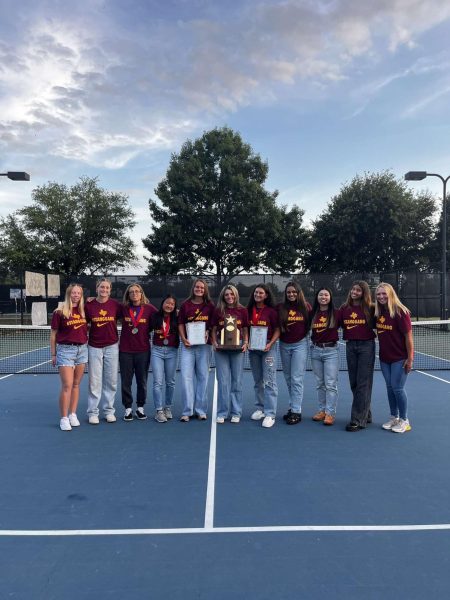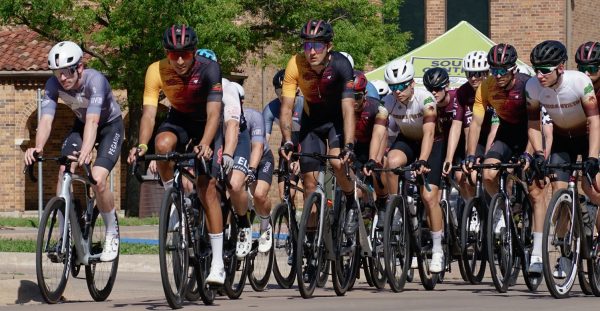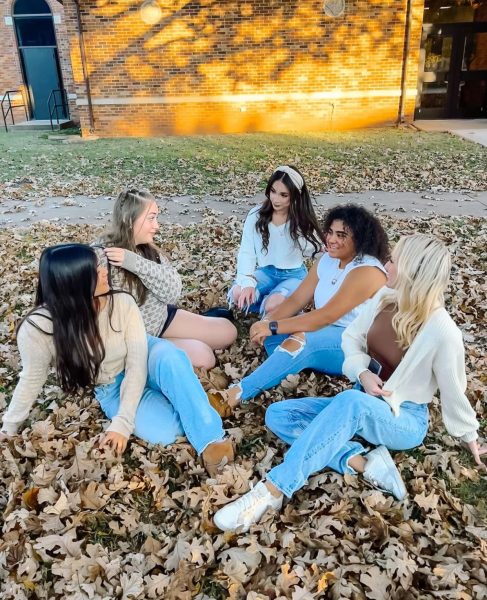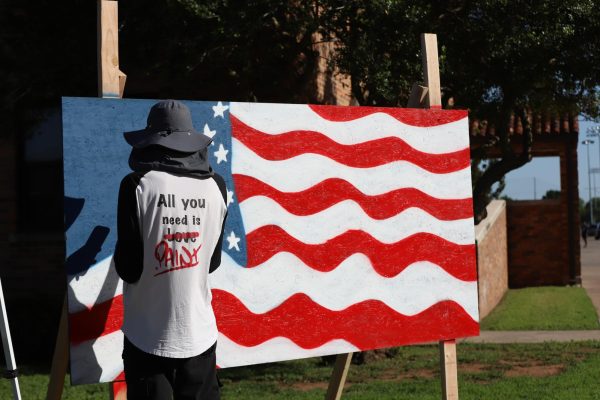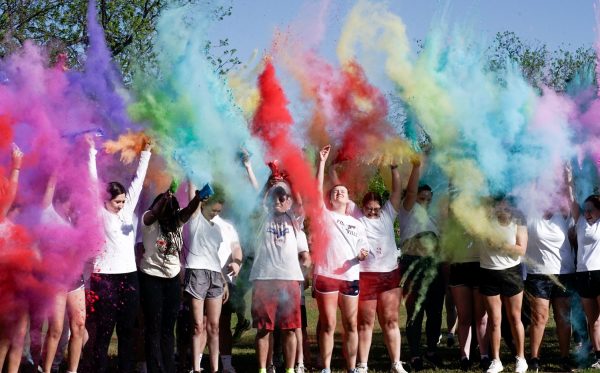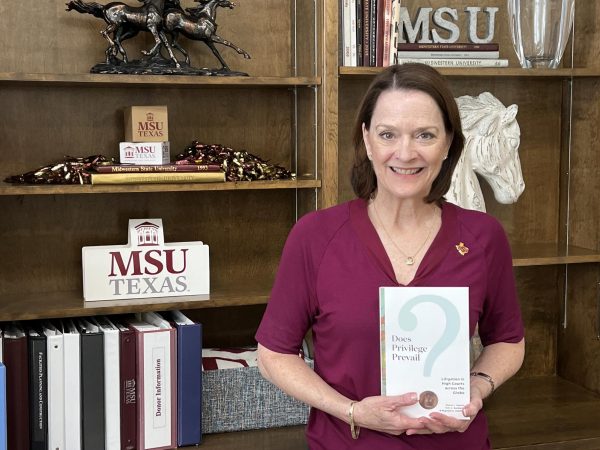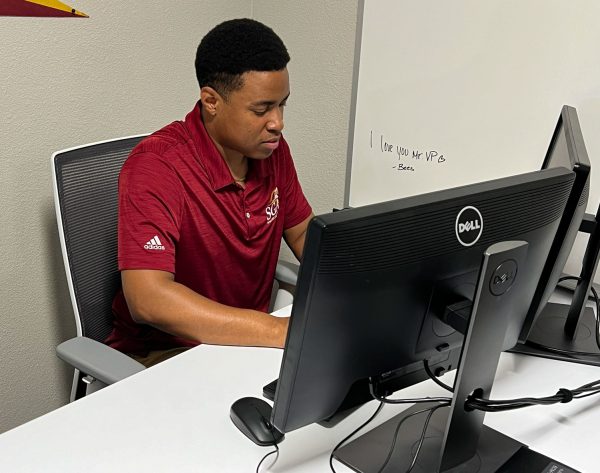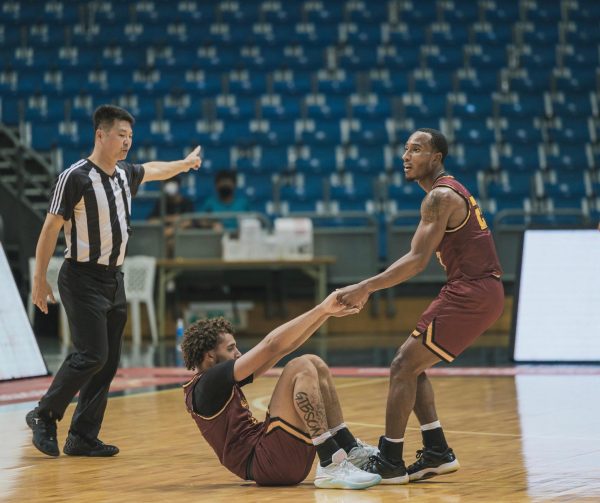The impact of social media and television on politics.
The impact of media on politics
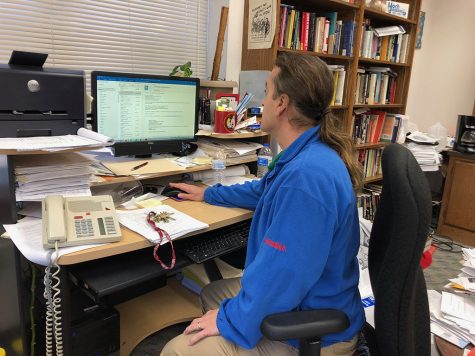
The race for the U.S. Senate seat in Texas drew a lot of attention and it lead the ballot in the Nov. 6 election. But there were more ballots to cast on the Wichita County ballot from state representatives to local representatives to school board members. For the people who voted in Wichita County, getting unbiased and accurate information on the candidates can be a challenge.
Students that voted, receive information about candidates from social media and television.
Natty Cervantes, general business junior, said she was initially informed about the candidates with the platform of social media.
“A lot of it started on social media such as Twitter and Facebook. You never get the full story, however, on social media. I went off on my own and did my own research, upon articles I came across Google. I did listen to speeches on television and going to their rallies. I tried to give each news broadcast such as FOX their time just so I can stay informed,” Cervantes said.
Paige Cantrell, education sophomore, said she got infomation from television and new sources.
“Television and news articles are where I get my sources from. Just like articles that are unbiased, an unbiased source. I don’t watch one specific TV source. I switched around various channels to get my information,” Cantrell said.
Ellie Gunderson, political science senior, said she would not change any of the media coverage as it was instantaneous.
“The media coverage was great. The election was on the news, 24/7. I wouldn’t change any media coverage,” Gunderson said.
According to a Columbia Journalism Review’s article, an American magazine for professional journalists, people have no faith in the media’s reliability due to potential misinformation such as bias and inaccuracies being an occurrence throughout news outlets on the internet.
To minimize misinformation Jeremy Duff, associate professor of political science, said he recommends two sources of information for politics.
“The quickest way is to go to the candidates’ website. These days, most candidates even at the local level have a website or a Facebook where the candidates stand at things. Now, you have to take a grain of salt in that, it is published by a candidate themselves to be put in the most favorable light of a candidate,” Duff said.
Duff recommends another way of getting information: the League of Women Voters.
“They cover not just the statewide election, but also the local candidates too. They send a questionnaire to each of the candidates that are running for a particular office. The candidates fill it out, send it back to the League of Women, and the League of Women publish it to their voters guide. Because it’s questions asked by the League of Women, it’s not just here I am, I am awesome. It’s them answering specific questions asked by the League of Women, it’s straightforward,” Duff said.
In a topic such as politics, click-bait titles on social media have become more of a prevalent occurrence that provides misinformation about a candidate as a means of enticing potential viewers to read a post on social media. Steve Garrison, associate professor of political science, argues that there needs to be regulations of click-bait titles to minimize misinformation.
“One, you have to as an individual is follow up and do that stuff. In the grander bigger scheme of things is that our society needs to find a way of regulation on social media. I think it’s too irresponsible. There’s need to be some form of check on people, posting random wrong things. A good analogy is that, if you have ever driven, everyone has seen a car wreck, everyone slows down because they’re looking at a car wreck but the police stands at the wreck to make you continue to drive, we need some form of regulation on the internet for that,” Garrison said.
Duff said that it is hard to avoid clickbait titles that could mislead information about a candidate.
“It’s tough. In this day of age, I don’t think you could avoid it [misinformation]. The fact is, that even websites and organizations that are respected as far as providing decent political information falls trap to clickbait stuff because they got to make money,” Duff said.
An approach according to Duff is to read the article as opposed to the headline.
“Read the article, not just the headline. When you read the article, it’s much more nuance than the headline, which could be outrageous,” Duff said.
Duff recommended two sources for voters to get information about politics.
“One, I would recommend that is pretty helpful is RealClearPolitics. That is a news aggregation website. They’re [RealClearPolitics] going to provide you with tons of different links to different websites and articles. They also keep track of public opinion polling’s very well. Not just theirs, but lots of different polls such as presidential approval and election polls. Another one is POLITICO. They tend to be non-partisan,” Duff said.
Garrison said he would recommend sources that have minimal analysis.
“As far as sources go, I would go for a writers report because it’s more factual, things like the Associated Press writers where they don’t put as much as analysis on their stories,” Garrison said.
Duff said students could trend toward the direction of participating in future elections due to the enthusiasm of the 2018 election.
“I have seen some more of that in my classes where, it seem like I had more students this semester that was more energized about going to the polls and voting. I saw social media posts where they [the students] were more energized of going to O’Rourke and Cruz’s rallies. We could very well be moving toward in that direction,” Duff said.
COMMENTS
“I got my information was a little bit from television and social media. FOX, CNN and NBC were my main information from television. In regards to websites, I got my sources from Beto’s and Ted Cruz’s websites.” | Carlos Gonzalez, kinesiology freshman
“I got a lot from the news, I researched myself about them and my dad was a lot passionate. I watched FOX news.” | Valerie Martin, radiology sophomore
“I watched CNN, FOX and MSNBC. You have to get a bit of everything to be informed. I get my social media information from Twitter. I sent in my vote because I am from San Antonio. I voted for my county at home. “| Leia de la Garza, criminal justice senior



